“I’m shocked: I thought we’d made good progress with disability inclusion”
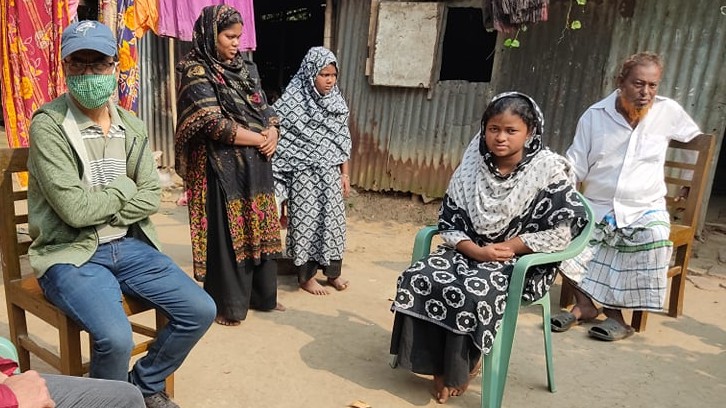
Lorraine Wapling is a technical expert for Inclusive Futures and has worked on disability inclusion for 25 years.
Here she discusses her shock at the lack of inclusion in pandemic responses, outlines findings and learnings in Inclusive Futures’ new publications and argues why the development and humanitarian sectors need to pay attention.
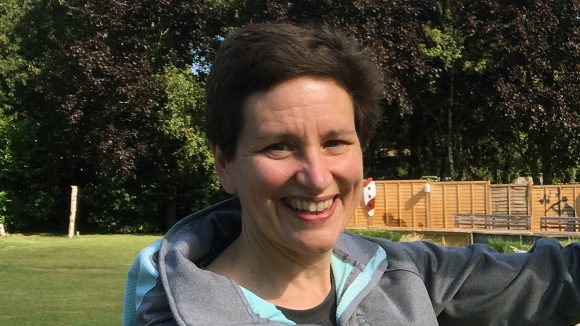
Lorraine Wapling
‘Sometimes I feel like I’ve spent my whole career saying the same things.’
Recently, I believed that the work of the disability movement and those working on inclusion was paying off and that the development sector had made real progress.
But early in the response to COVID-19, I noticed that people were having to shift from development work to relief work, and it wasn’t sitting very easily with sector providers. We weren’t prepared for this, despite the relief sector’s experience of being inclusive. We hadn’t paid attention and learnt from each other.
Most importantly I saw how many of the gains in human rights and inclusive programming were suffering. Once again, I started to come across familiar language: ‘Oh, it’s too difficult’, ‘We don’t have time’ and ‘There’s not enough resources to work inclusively’. All these phrases started to resurface.
I was quite hopeful that things would be different this time, but they weren’t. There is inclusive practice happening in our sector, there are lessons to learn from, but it just didn’t seem to be registering.
‘I was completely shocked, and still find it shocking. Why are we still in this situation?’
So, it is extremely important that research outlines what the true impact of the pandemic has been. How have people with disabilities and organisations for persons with disabilities (OPDs) been impacted by what happened during the start of the pandemic? How can we ensure that as the development sector, we learn lessons and build on what works?
The research contains harrowing quotes from people with disabilities about how the pandemic truly impacted them. It shows how OPD members worked, without pay, for months to plug the gaps and support people with disabilities when it seemed like governments and aid agencies were not paying attention.
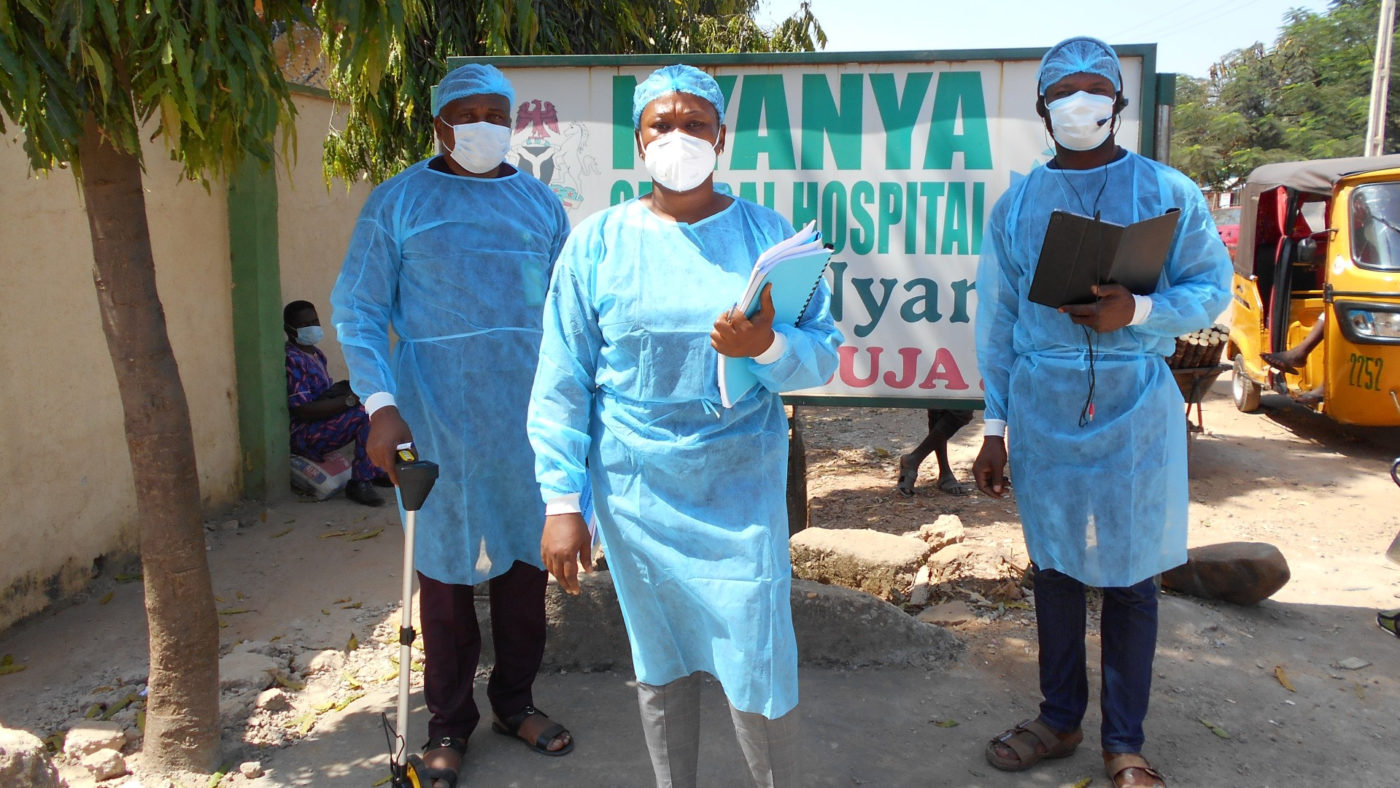
The Inclusive Futures programme also demonstrated that it is possible to include people with disabilities in emergency responses and is sharing four key learnings to help others to do the same:
- Development agencies must ensure local needs are included in response planning by partnering with a diverse range of OPDs so that gaps can be highlighted and mitigated.
- Data must be collected and used meaningfully. It should be used to make sure that no one is being left behind.
- Development agencies need to ensure that health and economic information is produced in accessible and relevant ways.
- Everyone, across the board, has to plan and act inclusively within health, work and education programmes. We need to be working with OPDs to ensure that all responses are inclusive, not just a small range.
These learnings are perhaps not surprising and we’re back in the familiar territory of reiterating the same points. But despite having heard them before, these things still aren’t being done and people with disabilities are still being left behind.
Lessons from COVID-19
Our research highlights the exclusion that people with disabilities faced during COVID-19 pandemic responses.
Our learning highlights how to make programmes disability-inclusive.
Read the reports‘One thing that has struck me is there is very clear evidence of gaps that this pandemic exposed.’
In the past, I think these gaps would have just continued and not many people would have taken much notice. But now people around the world have started to notice the lack of sign interpreters at government briefings and there is a lot of support from beyond the Deaf community to get this changed.
Organisations that represent people with disabilities are standing up and saying this isn’t acceptable. I haven’t heard this articulated quite so passionately before because the global situation has been very serious, and fatal, for people with disabilities.
Our work found that during COVID-19, OPD representatives spoke out and challenged the decision-makers who had excluded them as they became more confident to confront officials, despite difficult advocacy circumstances. I wish the gaps hadn’t been there. But I feel empowered by the fact that many organisations and individuals have been working hard on behalf of some very, very under-resourced people to make a difference. There is a level of empowerment that I haven’t really experienced before and OPDs are really stepping up to support highly vulnerable people who have very little.
But that doesn’t take away from the fact that we have let down people with disabilities.
This cannot happen again. We must really listen and after three decades working in disability inclusion, my words are well-rehearsed and finely tuned, but they are more important than ever.
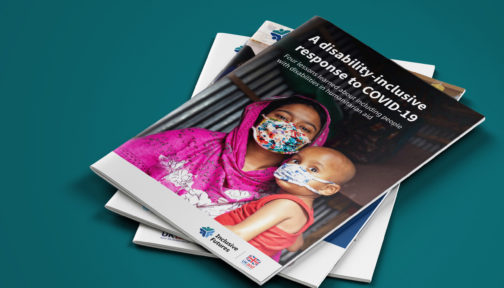
Learning from COVID-19
We are adapting the work of Inclusive Futures to assist with the response and support people with disabilities through the crisis and recovery.
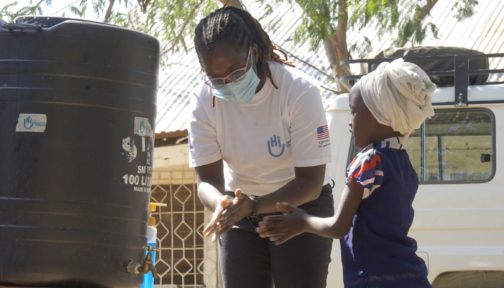
COVID-19
We are adapting the work of Inclusive Futures to assist with the response and support people with disabilities through the crisis and recovery.
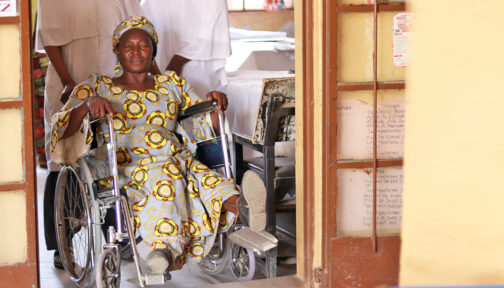
What we do: health
We’re working to make all health systems accessible so people with disabilities can get access to the health care they need, when and where they need it.